MATCCH Foundation Advocates for Health Equity for Black People on Chicago’s South Side
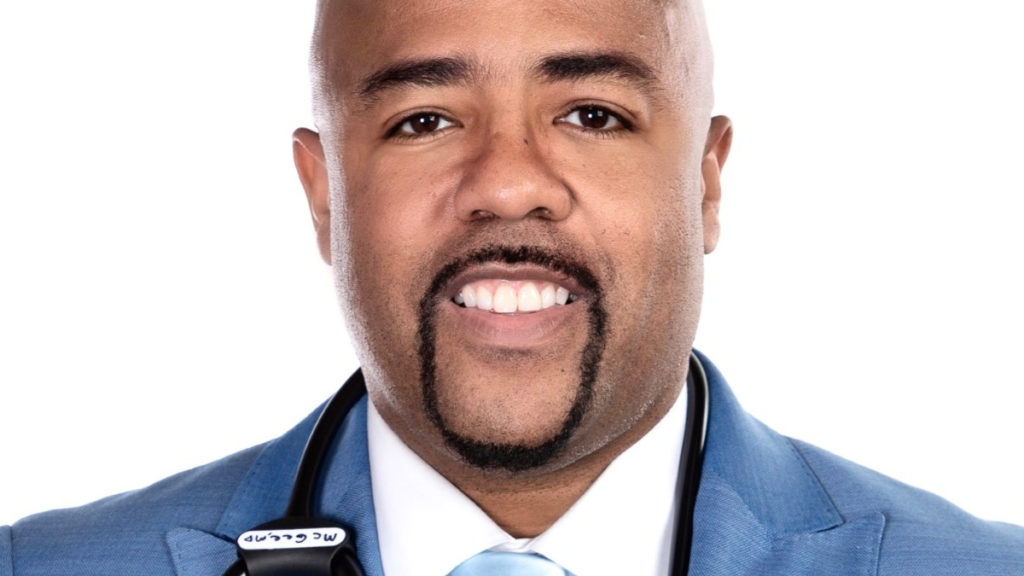
![]()
MATCCH Foundation Advocates for Health Equity for Black People on Chicago’s South Side (Chicago, IL) – For decades, Isaac Palmer Jr. and Dr. Michael McGee have seen first hand how health and life expectancy gaps have decimated a community. African Americans lead the way in some of the worst health outcomes for heart disease, stroke, colon cancer, obesity, high blood pressure hypertension and violence.
Those poor health outcomes came to a head when COVID-19 produced a devastating impact on the region. African Americans in Chicago died at three times the rate of the city’s white residents, according to a National Public Radio report last year.
“We have a timely opportunity coming off the impact of the George Floyd murder and what it has done for the country along with how the pandemic affected our community that now people are paying more attention to the issues in the black community,” said Palmer Jr., a native of Calumet City and co-founder of the Minority Access to Comprehensive and Coordinated Healthcare (MATCCH Foundation).
“It is shining a light on health disparities that need to be addressed.” A nonprofit headquartered in Chicago, MATCCH leaders advocate for equitable health outcomes for Chicago’s south and west side residents without increasing financial burden.
Collaboration
Through collaboration with various health and community-based organizations, the organization envisions filling the necessary health gaps that have occurred through decades of systemic social inequality while also educating residents about the importance of taking care of their personal health.
The organization will host a Holiday Care Fair from noon to 6 p.m., Sunday, Dec. 19 at 1301 E. 47th Street in Hyde Park which will feature blood pressure checks, COVID testing and a basketball tournament.
Covid 19
“With COVID, we are first dealing with a pandemic which is an infectious disease that spreads throughout a region as well as endemic which is a disease found among a particular people or in a certain area. This is where we are now in our communities because of the lack of health prevention and people using the emergency room as their primary care physician.” said McGee, who was raised in Gary, Indiana and is working with the MATCCH Foundation while also practicing emergency medicine since 2004.
“If you have some of the health complications that we have in our community such as obesity and heart disease, that produces a greater chance of having to be incubated and being taken to the Intensive Care Unit. We have a shorter life expectancy in black and brown communities and we want to put a system together to combat it.”
Palmer has worked as CEO of Bolingbrook Hospital where he served four years, transforming the stand-alone emergency room into a full-service hospital. He has since worked in Florida and Louisiana, leading faith-based hospitals at the executive level.
Premier Urgent Care in Hyde Park
“Black people do not participate in health care the way we should and it is showing up in the death rates,” added Palmer. “We lag behind all the health indicators.” McGee, who has a Masters in Public Health in Epidemiology and Biostatistics from the University of Illinois in Chicago and a Medical Doctorate from Rush Medical College in Chicago, is also president and CEO of Premier Urgent Care and Occupational Health in Hyde Park.
Both men have 20-plus years of experience as hospital executives. The two men came together when discussing information from the New England Journal of Medicine that talked about the health inequality in certain cities like Chicago.
“Black men are a unique breed. Too often people in our community brag about not going to the doctor. They will say I haven’t been in years and wear that as a badge of honor,” said McGee.
“Sometimes we have two or three jobs at a time, and along that journey, we just don’t prioritize our health. They stress the importance of taking care of your personal health.”
“We are preaching that even if you go once a year, it is important to sit in your doctor’s office and go through your health,” said Palmer Jr. “It will allow you to stay in the game longer which will help you economically, it will help you be there for your family and it will help your overall health.”
Palmer’s Vision
Palmer’s vision is that greater change can happen through collaboration with large church
affiliates such as the Church of God in Christ northern jurisdiction which encompasses 18
churches, Cook County Physicians Association, Health Care Council of Illinois, NAACP and the Black Nurses Association of Cook County. Each organization brings a unique capability to delivering innovative and collaborative healthcare to Chicago’s Southside.
Recently, the Health Care Council of Illinois announced a strategic partnership with the MATCCH Foundation. The organization will serve as the skilled nursing and long-term care partner, which takes a patient-centered approach to find residents on Chicago’s South and West sides more effective care plans and connect them with social services by removing barriers such as access to transportation, healthy nutrition, or job or childcare demands.
“As we move to the future, there will be more black and brown people in the country but less brown and black health professionals to take care of them which will lead to even more disparities. When a black health professional is talking to a black patient, there is a connection and an understanding because you do have to overcome health care perceptions and distrust, especially when it comes to the vaccine,” said Palmer.
Targeting Mental Health
In addition, the organization wants to target both mental health through telehealth services because “hurt people, hurt people” along with gun violence, which is also a public health crisis.
“You have young people ages 10-24, whose number one priority is not the pandemic. That age group doesn’t really get sick and they are thinking ‘I don’t care about COVID, I am more scared as hell about being shot or killed and just trying to get home safely at night,’' added McGee, who is also chair of the firearm violence and injury prevention committee for the American College of Emergency Physicians. “Dying from violence is a medical condition.”
MATCCH Foundation Advocates for Health Equity for Black People on Chicago’s South Side


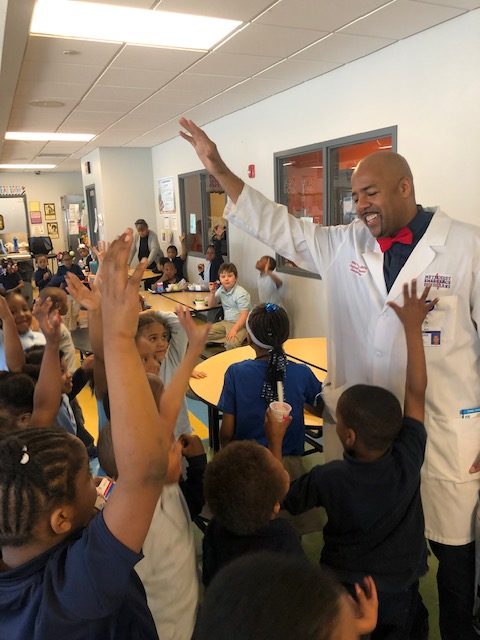
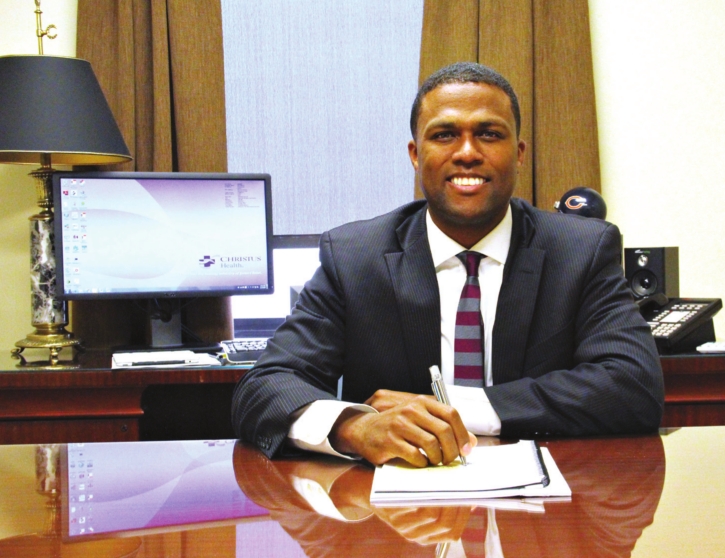
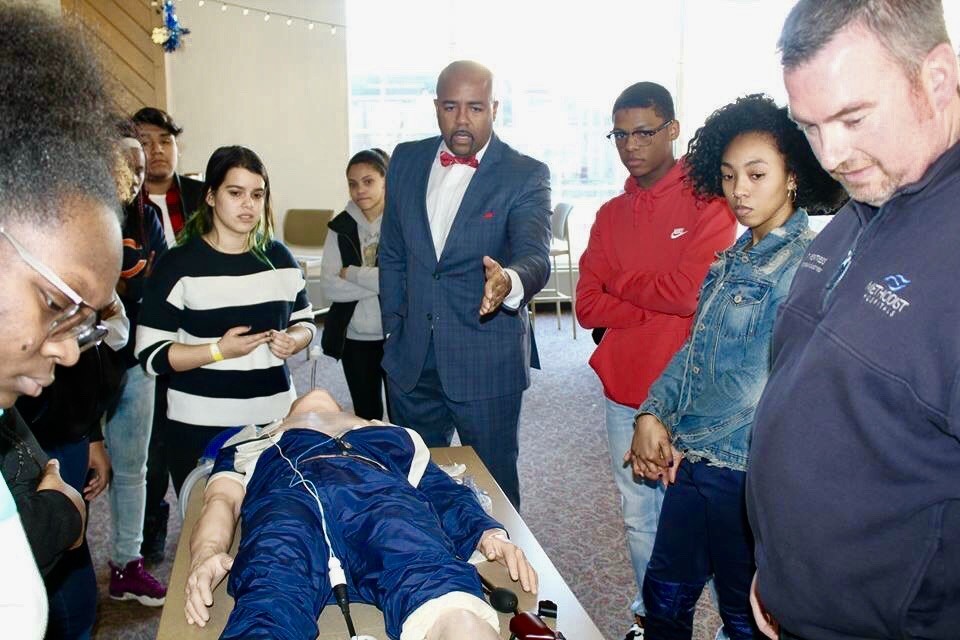
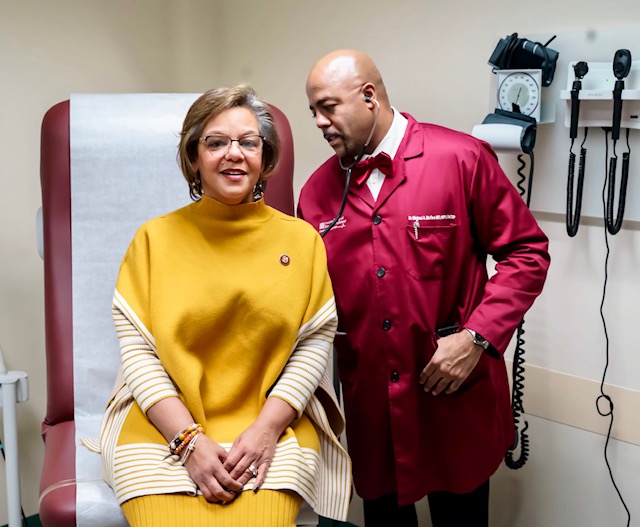




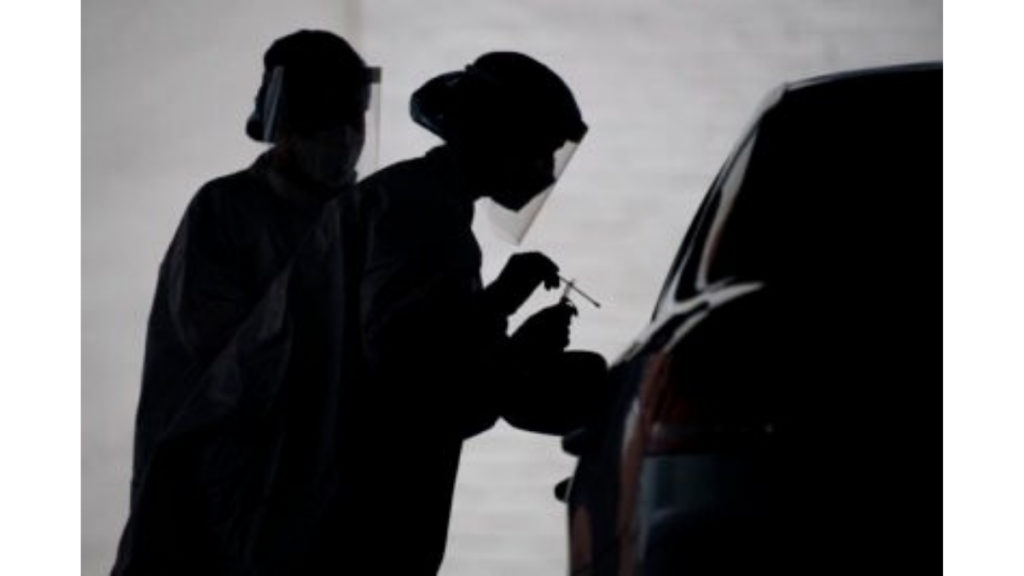
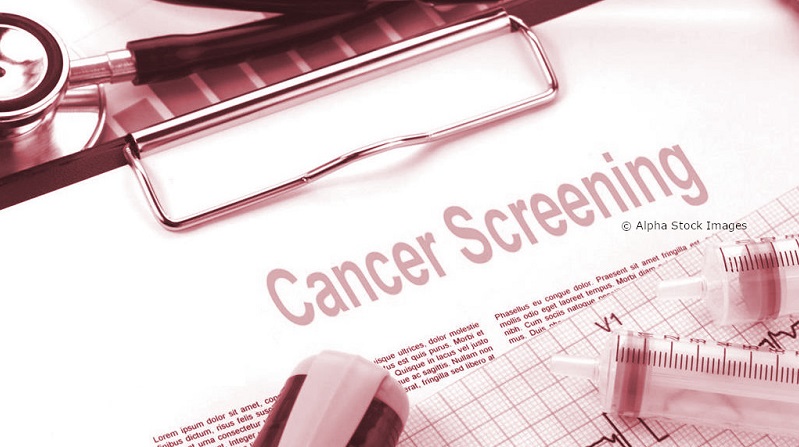
Responses